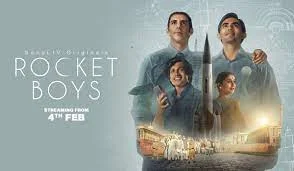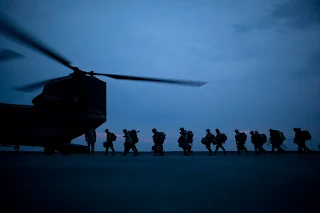Written and Directed by Adoor Gopalakrishnan
Adoor Gopalakrishnan is said to be a director of such standing only comparable to doyens of the new wave cinema like the Great Satyajit Ray and Mrinal Sen. His works are a joy to watch. Still, they may appear a tad too slow for some people's liking. This one is a story of a teenager who slowly evolves to be psychologically disturbed. It showcases, rather clearly, how a bubbly, bright child who seems to excel in everything transforms gradually into a mesh of a confused young adult. It stars Mammothy, Shobana and the protagonist, Asokan.
Children are all born beautiful, with a chest full of hope, just bursting with ambitions to change the world. The world is their oyster, and the sky is the limit of what they can achieve. To seal their confidence, their parents jump at every milestone of his achievement. They think they have with them a genius who is going to go places and make them proud one day. Then reality hits! Like a head-on crash with an oncoming train, it does.
 |
| Adoor Gopalakrishnan |
The parents are in a dilemma. "Is it nature that is at fault," they ask as they scrutinise each other's family tree to fingerprint its possible origin of a defective gene. As always, matters of the mind are not straightforward. They hurt each other's sentiments. "Or is nurture," they ponder. Both will wiggle their fingers at each other's lack of parental skills or absenteeism in parenting.
They wonder if they had overlooked the company the child kept with. Could they have been more proactive? After so many questions and much soul searching later, they will accept the whole transformation as fate or karma. They would then try to do the best of the resources available at their disposal.
Ajayan (Asokan) is an orphan infant left behind by his mother at the maternity hospital. He is adopted by the doctor there. He grows up a loner, often left to his own devices. He seems a quick learner but quickly gets bored. Ajayan narrates his life story, but soon everything becomes disjointed as he falls prey to the dark shadow of the black dog. We, the audience, get confused between reality and falsehood. A good movie.
This work is licensed under a Creative Commons Attribution 4.0 International License.

























